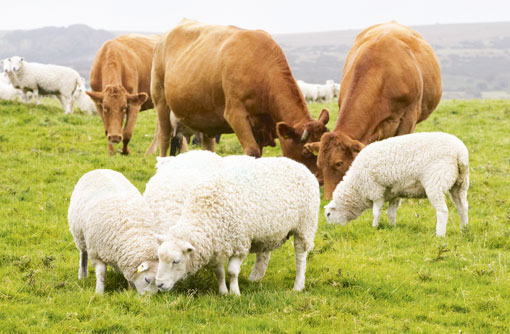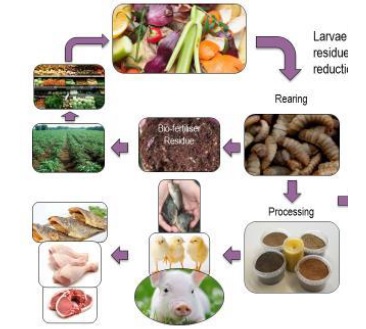
Tariffs will be scrapped immediately on imported beef and lamb from Australia, triggering accusations that the trade deal struck by Boris Johnson will send UK farmers “to the wall”.
"The small print of the first major post-Brexit agreement – revealed by Canberra, as the UK government tried to keep it under wraps – revealed a pledge to protect farmers for 15 years has been dropped.
- Instead, Australian farmers will effectively be handed tariff-free access from day one, up to a “cap” on sales that is 60 times the current level of imported beef.
- The detail was revealed as experts warned the overall economic boost from the deal would be “close to zero” – and the government admitted the average household would be just £1.20 a year better off.
- MPs are demanding the power to scrutinise the deal immediately, but ministers ... plan to deny full access until the autumn, when critics fear it will be too late" (Article and PDF)
Watchdog supposed to scrutinise Australia trade deal still will not exist when deal is signed
- "Liz Truss accused of ‘subverting’ commitment to parliament by blocking access to agreement until autumn
- A watchdog designed to ensure the Australia trade deal does not undermine UK food and animal welfare rules will not be set up until months after it is signed" (PDF)
'Just don’t tell them what’s in it’: Ethics, edible insects and sustainable food choice in schools (04AUG20 - PDF) *Corresponding author. Department of Education and Childhood, Frenchay Campus, University of the West of England, Bristol BS16 1QY, UK. Email: verity6.jones@uwe.ac.uk
- Schools Grub Kitchen "Try one of our popular tutored tasting sessions" (The Bug Farm - 28FEB24)
Transformation of Agriculture and the use of Insects (FEB20)
"Themed collaborative R&D: we will fund collaborative projects, which will need to involve farming or agri-food businesses working with researchers, to carry out R&D focused on strategic, high-priority societal challenges with the potential to transform agricultural productivity over longer time horizons. We have identified a set of themes and will develop these to ensure that they are targeted on innovative solutions to these challenges"
 | "Themes include:
|
"The third tier in our current proposal would be focused on delivering landscape scale land-use change projects, where such projects drive added value over and above what can be delivered through tiers 1 and 2."
 |
|
Agricultural Productivity Working Group Report Feb20
Including case studies of:
- Data Linker (Page 37)
- Livestock Identification Programme (Page 38)
- Knowledge Exchange in the Northern Ireland pig sector (Page 39)
- Insect biomass (Page 41)

- "Countries and companies at international and European levels are progressing swiftly to develop this important sector ... The Task and Finish Group identified the following actions as important to the rapid development of the industry in the UK ... Central government ... to support a national insect biomass conversion industry and global business potential (protein production, waste valorisation, novel products)."
- " UK position post EU Exit offers a potential opportunity to progress enabling legislation at a faster rate than at the EU level"
- Robotics and autonomous systems (Page 43)
- Professional training (Page 45)
- Electricity requirements for agricultural vehicles (Page 47)
- Ireland: succession farm partnership tax concessions (Page 48)
___
See also:
- 20JUL22 CPRE the "... call for land strategy and new planning rules to guard food security" (Food Security JUL22 and Brownfields NOV21)
- 29APR22 See BOB presentation in response to NSC Local Plan 2038, including Food Security Issues
- 30MAY21 Allergens from Edible Insects: Cross-reactivity and Effects of Processing (PDF)
- " The adverse reactions described after the ingestion of insects can be caused by cross-reactivity with other taxonomically related food allergens like crustaceans, but also with inhalant allergens such as house dust mites (HDM)"
- 06NOV20 Edible insects and food safety: allergy (PDF)
- "Prevalence studies performed in Asian countries have reported that 0.3-19.4% of food anaphylaxis/allergy cases were caused by insects’ consumption"
- 03FEB22 A major milestone for the UK edible insect sector UK edible insect makers hope for Novel Food approval by 2023 (PDF)
- 23SEP21 The edible insects coming to a supermarket near you
- 16SEP19 Healthy low-fat insect and plant protein launched in Wales (PDF)
- 01APR17 UK Govt examines food plants of edible insects, seasonal availability, indigenous knowledge and consumer acceptance (PDF)
- Food Security overview



Make A Comment
Comments (0)